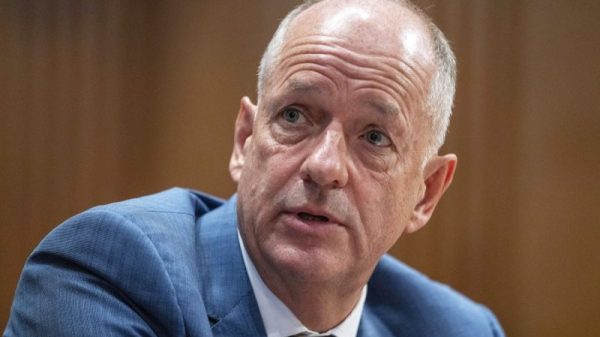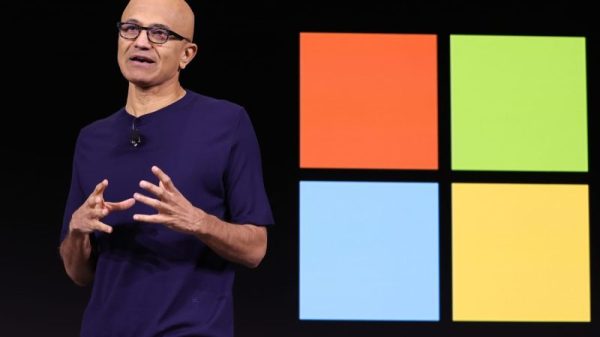By Richa Naidu
LONDON (Reuters) – Nestle could use the fresh start provided by new CEO Laurent Freixe in the coming months to lower financial guidance for the second time this year following months of weak sales volumes, according to some analysts and investors.
Under former chief Mark Schneider, who was ousted in August, the world’s biggest food company already cut its guidance once this year.
In February, Nestle said it expected 2024 organic sales growth around 4% and a moderate increase in the underlying trading operating profit margin.
By July, it estimated organic sales growth “of at least 3%”, and a mid-single-digit percentage rise in underlying earnings per share at constant currencies, sending its stock down by more than 5%.
“A lot of investors are wondering, can they really hold on to the prior margin guidance? Or if the brands need a little bit more investment?” said Jeneiv Shah, portfolio manager at Nestle investor Sarasin & Partners. “I think it’s commonly known now that’s a potential scenario.”
Nestle declined to comment.
On Thursday, the Swiss group is expected by analysts to report nine-month organic sales growth of 2.5%, according to a company-provided consensus. Real internal growth – a metric reflecting sales volumes – is expected to have risen by 0.8%.
Freixe’s challenges include reviving innovation and marketing, and winning back investor confidence in core brands, which include Nescafe coffee and Kit-Kat wafer snacks.
The packaged food industry has in recent years had to cope with soaring costs as everything from sunflower oil and shipping to packaging, grain and energy became more expensive during the pandemic and after Russia’s full-scale invasion of Ukraine.
This year, as inflation has eased, many of Nestle’s competitors have slowed price increases, hoping to woo back shoppers who turned to cheaper products.
Nestle, however, did not cut prices as quickly, analysts said, and Schneider’s departure came on the heels of several weak quarters of sales volumes.
“People will be very interested on seeing whether companies (like Nestle) are sticking to their long term goals or pulling back,” Ben Lofthouse, Janus Henderson’s head of global equity income, said.
By 2025, Nestle has said it expects “mid single-digit organic sales growth and an underlying trading operating profit margin range of 17.5% to 18.5%.”
“If it’s a 4-6% top line growth company long term, it’s too cheap,” Lofthouse said. “And when there’s management change any of these companies, that’s when the opportunity comes from to change that outlook,” he added.
Shares in Nestle have fallen over 15% since the start of the year, and about 7% since Freixe started his new job in September.
“We anticipate that new CEO Laurent Freixe will adjust the guidance for 2024 and set new, simplified mid-term financial targets,” Jean-Philippe Bertschy, head of Swiss equity research at Vontobel, said. “He has already indicated that sales growth will be a primary focus, with increased investments behind the brands.”
“Market expectations have come down significantly in recent weeks, already reflecting the upcoming reset … 2025 is likely to be a transition year.”

































